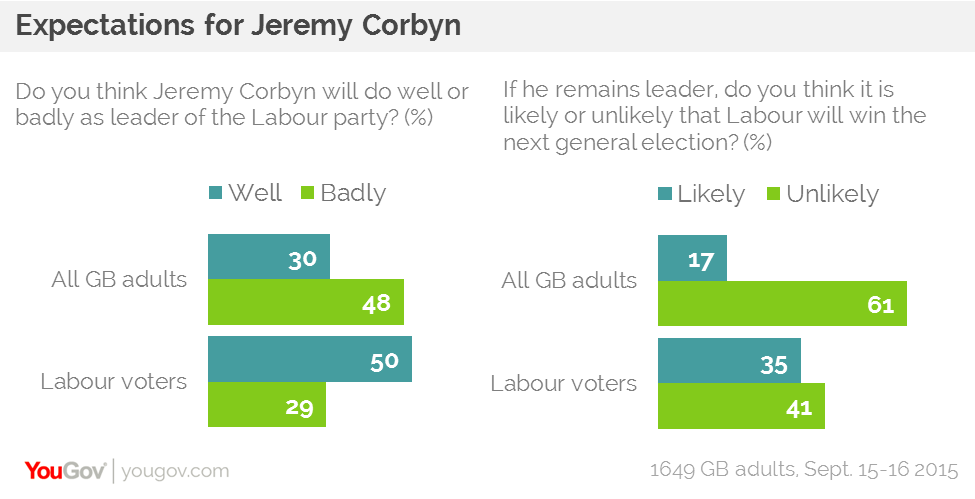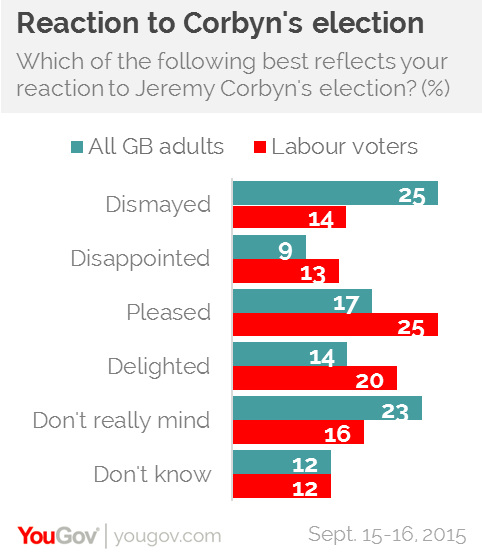
Denis Healey and Michael Foot (Credit: LabourList)
Denis Healey, the former Defence Secretary (1964-70) and Chancellor of the Exchequer (1974-79) died on Saturday after a short illness at the age of 98. He had been elected to the seat of Leeds South East in 1952, and Leeds East in 1955, and held the seat until his retirement in 1992. Seen as being on the moderate wing of the party, he backed James Callaghan and then Harold Wilson in the 1963 leadership election that followed Hugh Gaitskell’s death, and Wilson made him Shadow Defence Secretary.
When Harold Wilson eventually resigned thirteen years later, Healey lost out on the leadership to James Callaghan, who was regarded by the party as a less divisive figure. After Michael Foot replaced Callaghan as leader in 1980, Healey put himself forward for the deputy leadership, a contest he won narrowly over Tony Benn. The party split in 1981 and the ‘Gang of Four’ (Roy Jenkins, Shirley Williams, David Owen and Bill Rodgers) left to form the SDP, but Healey refused to join them despite being asked a number of times. He stayed as deputy leader until 1983, and as Shadow Foreign Secretary until 1987.
Healey was a giant of the Labour movement, and by all accounts was a sane and moderate voice during the periods of Labour splits during the 1950s, 1970s and 1980s. Many regard his victory in the deputy leadership race as being a crucial moment in Labour’s eventual electoral recovery through the 1980s and 1990s.
In 1959, he gave a speech to Conference, part of which was being posted on social media yesterday after the news of his death was announced, an excerpt of which is below. Much of it could have been written today:
Hugh Gaitskell was absolutely right when he said yesterday that what gets cheers at this conference does not necessarily get votes at elections. If it did we would have won Devonport [the seat which Michael Foot had just lost]. There are far too many people who… want to luxuriate complacently in moral righteousness in Opposition. But who is going to pay the price for their complacency?
You can take the view that it it better to give up half a loaf if you cannot get the whole loaf, but the point is that it is not we who are giving up the half loaf. In Britain it is the unemployed and old aged pensioners, and outside Britain there are millions of people in Asia and Africa who desperately need a Labour Government in this country to help them. If you take the view that it is all right to stay in Opposition so long as your Socialist heart is pure, you will be ‘all right, Jack’. You will have your TV set, your motor car and your summer holidays on the Continent and still keep your Socialist soul intact. The people who pay the price for your sense of moral satisfaction are the Africans, millions of them, being slowly forced into racial slavery; the Indians and the Indonesians dying of starvation.
We are not just a debating society. We are not just a Socialist Sunday School. We are a great movement that wants to help real people living on this earth at the present time. We shall never be able to help them unless we get power. We shall never get their power unless we close the gap between our active workers and the average voter in the country.
And here he is, giving a speech to Labour Conference in Blackpool in 1977 as Chancellor of the Exchequer, 28 years to the day before his death, warning Labour of the dangers to its electoral prospects of infighting.




